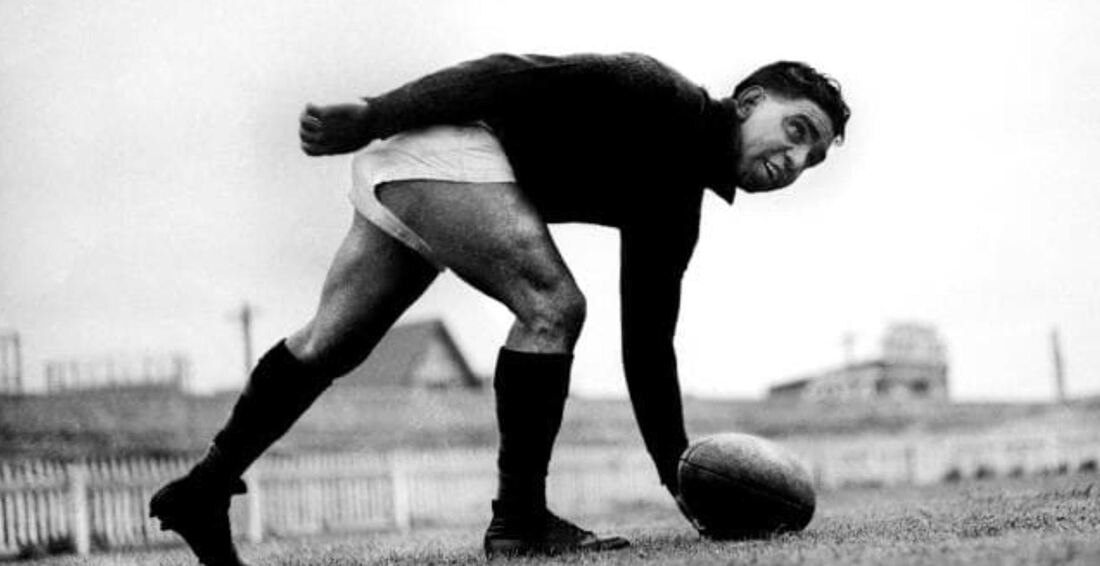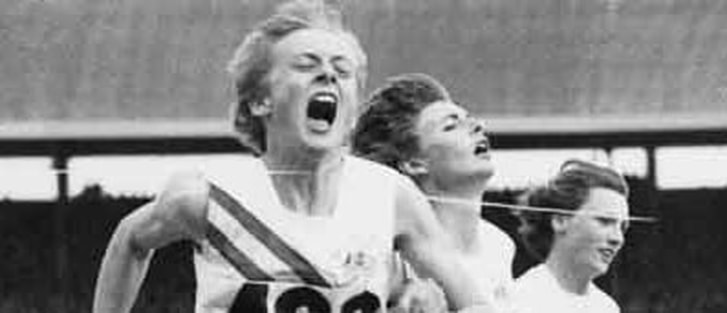|
“Greatness on the sporting field is wholly compatible with the highest standards of conduct and I can think of no finer example of these characteristics than Brian Booth.”
Sir Donald Bradman When former Australian Test cricket captain Brian Booth died on May 2nd this year aged 89, some would say we lost our last gentleman cricketer. Larrikin commentator, Kerry O’Keefe declared his former team mate, “a truly great human, with strong claims to captain ‘Australia’s Best Blokes Eleven!’” Brian Booth was one of my heroes. When I was ‘wanna-be’ boy cricketer, he was the friendly man who coached a bunch of us at a Sports Camp. I have a lasting memory of sitting in the stands at the SCG marvelling at his elegant and forceful batting as a blue capped New South Welshman in the Sheffield Shield. Years later, I sat rivetted opposite him in the 2WEB studio in Bourke, as he told tales of being battered black and blue by legendary West Indian fast bowlers Wes Hall and Charlie Griffith on the way to a courageous century. For me as a sport-tragic, that was the stuff of legend! What really heartened me was his next statement – ‘But those are scrapbook memories now. The moment when I decided to follow Jesus Christ has energised my whole life.’
0 Comments
This weekend’s AFL indigenous round is named for Sir Douglas Nicholls. Australian Football’s webpage makes a significant comment about the champion Fitzroy footballer, “Arguably one of the most famous, and undeniably among the most important, Australians of the 20th century, Doug Nicholls' most significant accomplishments transcended football.”
What were they? A few weeks ago, I stood in the humble weatherboard schoolhouse at Cummerugunga where a young Douglas had hidden under the floorboards for fear of the police who were taking the young girls away to the Cootamundra Girls Home. In later life, he said that Jesus’ message of forgiveness enabled him to rise above bitterness. Betty Cuthbert first sprinted her way into history and into Australians' hearts as an eighteen year old when she won three gold medals at the 1956 Melbourne Olympic Games. She went on to break nine world records over short distances and was the only Olympian, male or female, to win gold in all sprinting events. Though a sprinter, she had her own marathon to face when her body began to be overtaken by multiple sclerosis in 1969. LISTEN as Paul tells something of Betty's story.
|
AuthorJoin The Outback Historian, Paul Roe, on an unforgettable journey into Australia's Past as he follows the footprints of the Master Storyteller and uncovers unknown treasures of the nation. Archives
October 2023
Categories
All
|
|
Sponsored by
|
Privacy Policy
|
|
Copyright 2020 by The Outback Historian
|
Site powered by ABRACADABRA Learning
|




 RSS Feed
RSS Feed

